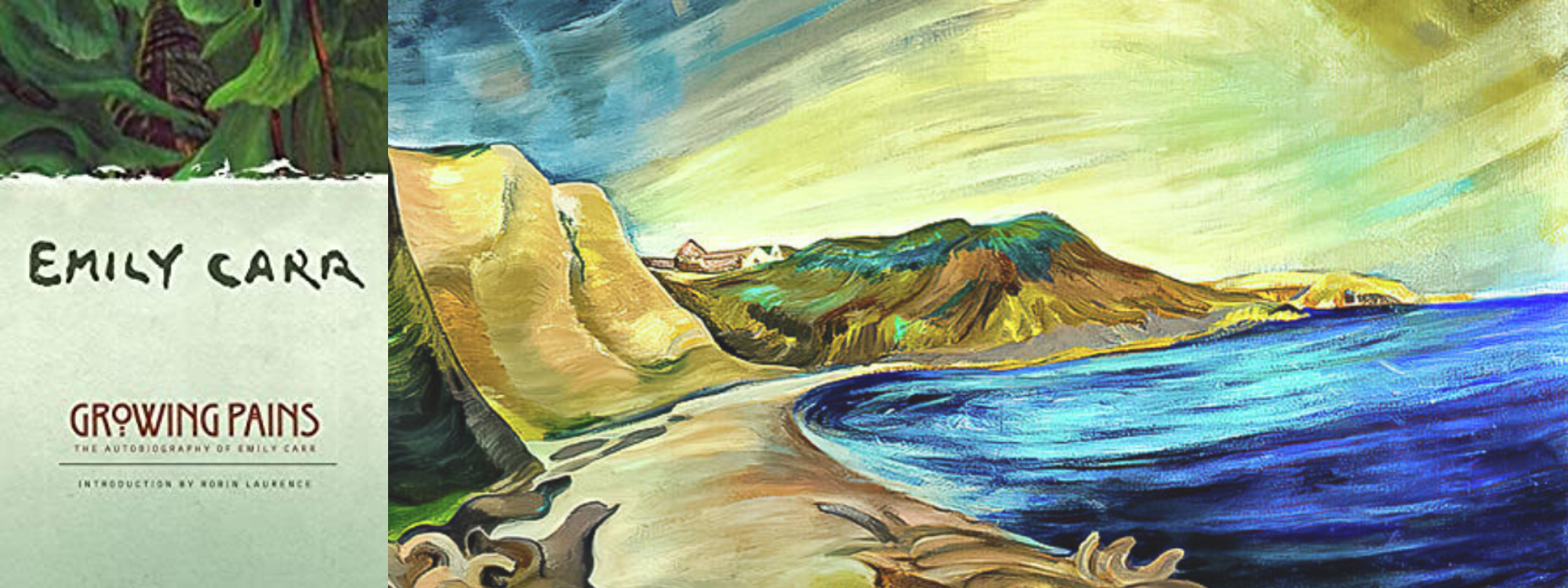London was unbearable. August was exceptionally hot. Aunt Amelia lived in West Kensington—one of those houses in a straight row all alike and smeared with smug gentility. I felt the shackles of propriety pinch me before the door was shut.
The six PG’s without one direct look amongst them disdainfully “took me in” at lunch. “Colonial!” I felt was their chilly, sniffy verdict. I hated them right away. Their hard, smooth voices cut like ice skates, “dearing” each other while they did not really like each other one bit. The monied snob who had the big front room swayed the establishment; next came the opulent Miss Oopsey, a portrait photographer who only “portrayed” titles. The PG’s dwindled in importance till at the tail came Miss Green’s niece, a nobody who was the snootiest of the lot and earned her keep by doing unnecessary things that were good form around the PG house.
London stewed, incorporating the hot murk into her bricks all day and spitting it out at you at night. The streets were unbearable. Everyone who could get out of London had got and were not missed. I used to wonder where any more population could have squeezed. Certainly if there were many more people in London they would have to ration air for the sake of fairness.
“Miss Green, is there any place one can go to breathe?”
“There are London’s lovely parks.”
“Just as crammed—just as hot as everywhere else!”
Miss Green clicked, “Dear me! You Canadians demand a world apiece. I have offered to take you to Hyde Park, show you our titled people riding and driving, but no, you Canadians have no veneration for titles—jealousy, I presume.”
“I’ll admit I do prefer cool air to hot celebrities, Miss Green. Now, about a breathing place?”
“Kew—if it is roots and bushes you want, go to Kew Gardens.”
To Kew I went.
The great gates of Kew Gardens were plastered with many notices—“Nobody is allowed in these gardens unless respectably attired.”—“No person may carry a bag, parcel, or basket into the gardens; all such impedimenta to be checked at the porter’s lodge.”—“No one may carry food into the gardens; tea may be procured in the tea-houses.”—“You must not walk upon the grass, or run or sing or shout.”
Striding past the lodge, clutching my bag, I walked down the main way and, turning into a woodsey path, began to sing. First hint of Autumn was in the air, there were little piles of dead leaves and fallen twigs burning, shreds of blue smoke wandered among the trees deliciously.
Kew was a bouquet culled from the entire world. I found South America, and Asia, Africa, China, Australia—then I found Canada (even to a grove of pines and cedars from my own Province). I rubbed their greenery between my hands—it smelled homey. I stabbed my nose on our prickly blue-pine. I sat down on the grass beneath a great red cedar tree. From close by came the long-drawn cry of a peacock. Suddenly I was back in the old barn studio! I threw up my chin and gave the answering screech which my peacock had taught me—my beauty on the old barn roof. I waited for an ejecting keeper, but my teacher had taught well, no keeper came. I went back to stuffy West Kensington refreshed, happy.
Again Miss Green in company with that swell who snobbed it over her PG’s offered to conduct me to see the Hyde Park Parade. The “swell” boarders, Miss Green told me, always sat on penny chairs.—“Much more refined than to sit on a free bench, my dear,” drawled Miss Green.
“I’d rather go to the Zoo,” I replied and went.
Resignation if not content was in the eye of the captive creatures. Having once acquired a taste for the admiration and companionship of man animals like it. Here and there you saw a rebellious or morose newcomer furiously pacing, but most of the creatures were merry and all were well tended. All here looked more satisfied with life than the weary “great” looked in Hyde Park. I loved Kew.




0 comments